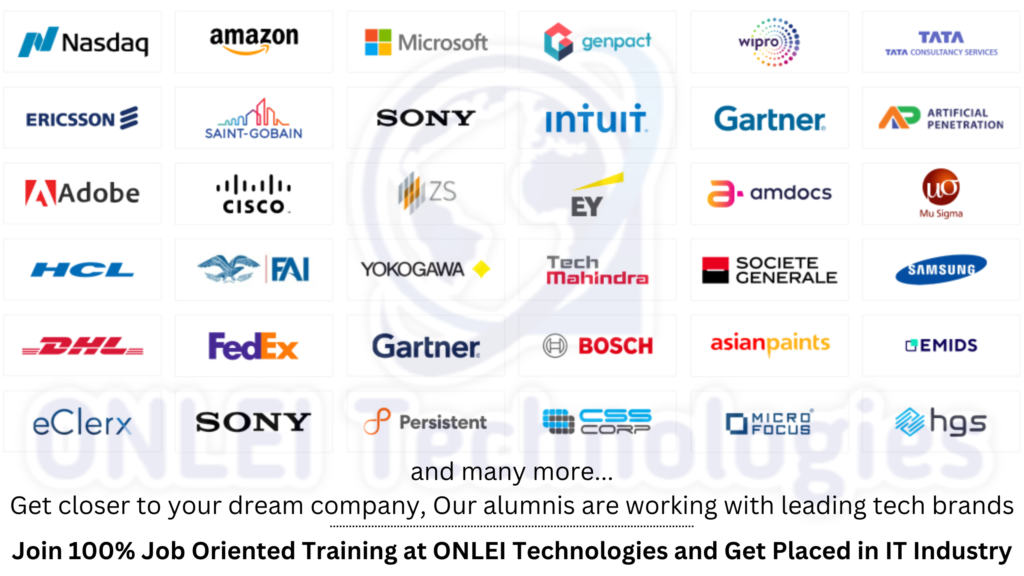How Netflix Uses Machine Learning
Netflix Recommendation Engine
Netflix has become the largest TV streaming provider with over 220 million subscribers in 190 countries. Containing a consistent stream of over 4,000 programs, Netflix needed a way to customize the user experience to make it easier for their subscribers to find relevant programs.
They found their solution through an ML-based recommendation algorithm, allowing Netflix to curate the pages of every individual user with relevant content. Used to identify what a subscriber is watching, every piece of content on Netflix has a set of labels: genre, cast, rating, success and acclaim, etc. Netflix’s algorithm will look at a subscriber’s implicit and explicit data: watch, search, and rating history, which will be used to feed relevant content onto subscribers’ pages. Moreover, Netflix will look for subscribers with similar watch history and recommend a program to the entire group if enough like-minded subscribers have watched it.
Customizing user interface
Once Netflix gets the right content in front of subscribers, they are faced with another challenge–get the subscriber to click on the content that is being recommended. Their strategy to get subscribers to engage with recommended content is to adjust the movie posters to fit the interests of the user. The movie poster could feature a different set of actors/actresses to fit more in line with a subscriber’s interest, or an image to suggest the film is scarier for horror movie enthusiasts.
To achieve success in targeting movie posters to each subscriber, Netflix uses machine learning (ML). After trial and error with batch learning and A/B testing, Netflix landed on using contextual bandits to lead their ML framework. Contextual bandits test out a number of predicted actions and can learn which will have the most favorable outcome.
Netflix uses training data obtained from randomization in the model’s predictions. Netflix calls this their data operation stage–when the number of poster images and the number of subscribers that they use will be applied to dictate how broad the data exploration stage becomes. Posters are then randomly applied to different subscribers’ dashboards, and the contextual bandits learn which poster has the most favorable outcome for each kind of user.
Improve video quality
Netflix’s large subscriber base, both in number of subscribers and number of countries, access Netflix on different signals and devices. The challenge for Netflix has become to engineer a way to ensure the premium quality of their content.
Bandwidth and network quality are hard to predict, but huge indicators of the quality-level of the content streamed. Netflix’s goal was to be able to predict both in order to deliver their subscribers a better watching experience: time spent waiting for video to play, quality of content, and buffer time.
Netflix has made itself accessible on a number of different devices, which are constantly expanding. ML-based prediction algorithms are used to avoid any issues when deploying Netflix on a new device. Using subscriber’s history log of issues that have arisen by new devices, Netflix’s algorithm can determine if a given set of conditions is likely to cause a problem.
Closing
Netflix was able to increase user engagement using ML as a staple part of their software. Generating personal recommendations, displaying title cards fit for each subscriber, and deploying prediction models all lead to the high watch times across subscribers. Being the first streaming service to heavily use machine learning propelled Netflix to become the leader in the increasingly competitive streaming industry.
Important Links
- Python Course
- Machine Learning Course
- Data Science Course
- Digital Marketing Course
- Python Training in Noida
- ML Training in Noida
- DS Training in Noida
- Digital Marketing Training in Noida
- Winter Training
- DS Training in Bangalore
- DS Training in Hyderabad
- DS Training in Pune
- DS Training in Chandigarh/Mohali
- Python Training in Chandigarh/Mohali
- DS Certification Course
- DS Training in Lucknow
- Machine Learning Certification Course
- Data Science Training Institute in Noida
- Business Analyst Certification Course
- DS Training in USA
- Python Certification Course
- Digital Marketing Training in Bangalore
- Internship Training in Noida
- ONLEI Technologies India
- Python Certification
- Best Data Science Course Training in Indore
- Best Data Science Course Training in Vijayawada
- Best Data Science Course Training in Chennai
- ONLEI Group
- Data Science Certification Course Training in Dubai , UAE
- Data Science Course Training in Mumbai Maharashtra
- Data Science Training in Mathura Vrindavan Barsana
- Data Science Certification Course Training in Hathras
- Best Data Science Training in Coimbatore


